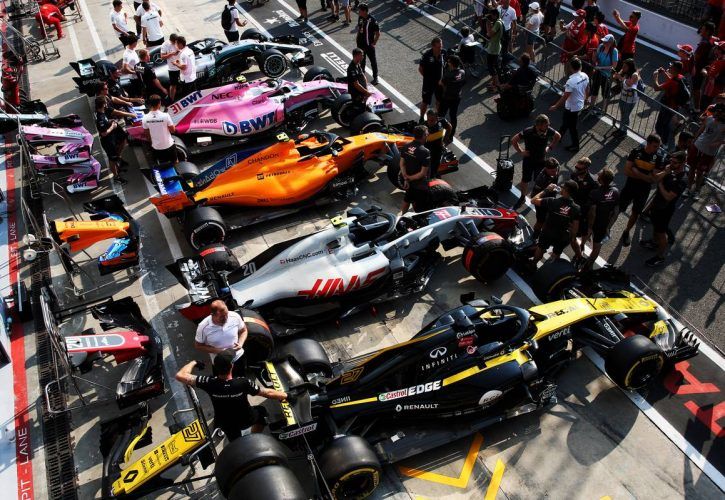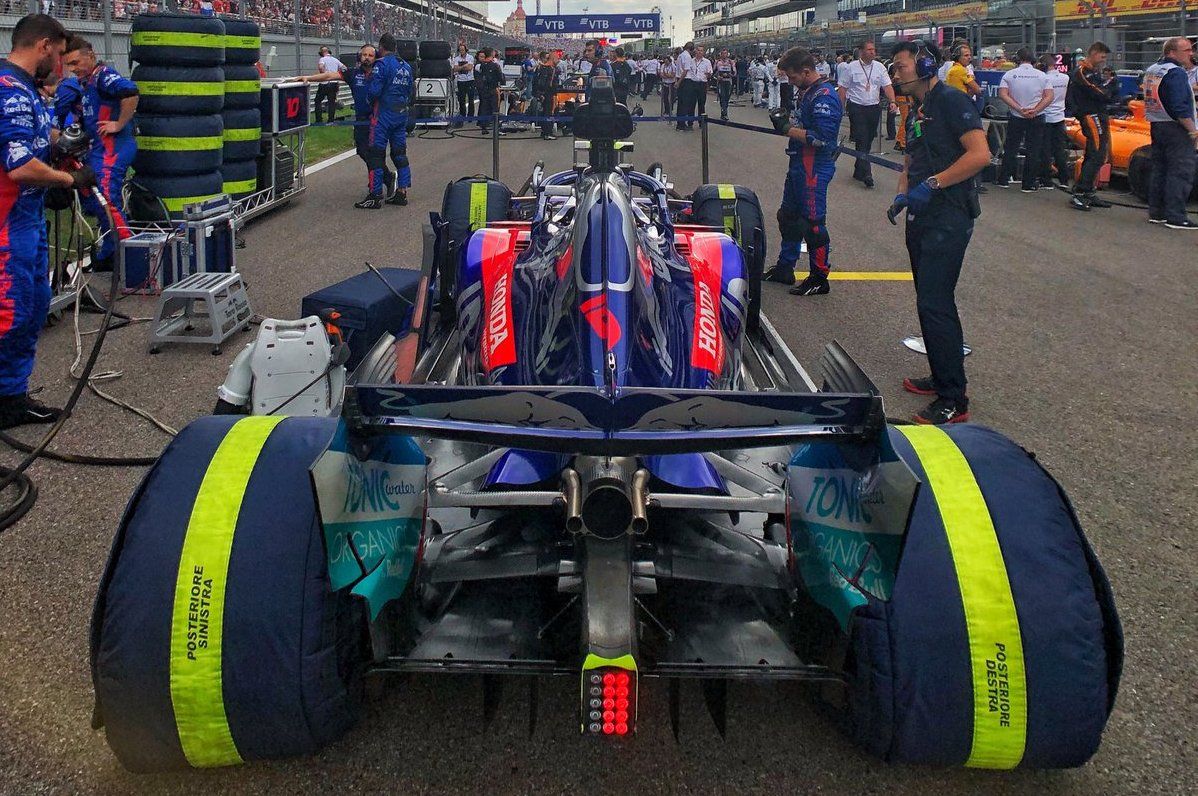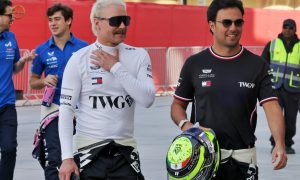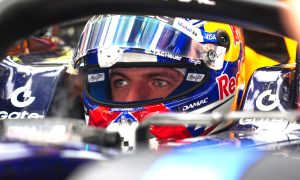
Renault Sport F1 boss Cyril Abiteboul says the weight of Grand Prix cars should be reduced and not increased in the future in order to better challenge a driver's skills.
Over the past few seasons, the minimum weight of F1's cars has gradually increased, with the hike often pegged to annual technical changes such wider tyres or the addition this year of the mandatory halo.
Next season, to account for extra fuel and the fact that driver weight will be considered separately to the car, a car's effective weight in race trim will once again rise, a change Abiteboul sees as alarming.
"Next year it will be 850 kilograms in the race," he told Auto Motor und Sport.
"Even in Singapore the cars were so slow in the race that they were not a challenge to drive.
"We spend so much money making the car lighter, and yet the cars keep getting heavier. When the drivers are slow in the race then they no longer make mistakes, making it boring for the audience."
The Renault boss argues that slashing the minimum weight would bring the cars back to a level close to where they were almost two decades ago, when they were definitely more difficult to drive.
"In the 90s and 2000s, the drivers were really struggling with much lighter cars," added Abiteboul.
"We have to be careful," the Frenchman warned. "Interest in Formula 1 is going down. The sponsorship market is difficult."
Formula 1 is still in the process of finalizing the sport's regulation platform for 2021, with changes in the works that will hopefully lead to closer and better racing.
A2biteboul doubts however that the new technical rules will significantly transform the sport for the better and promote overtaking and wheel-to-wheel racing overnight.
"Honestly, after our work in the simulator and the wind tunnel, we do not believe it will become easier to overtake," said Abiteboul.

©ToroRosso
FIA technical official Nikolas Tombazis, a man who has a finger on F1's future pulse, sees improvements on the horizon, but perhaps not the spectacular change everyone is hoping for.
"The current generation cars mean the one following loses about 30 per cent efficiency," the fomer Ferrari engineer told Auto Hebdo.
"We hope to reduce that by 10pc. It's difficult to say an exact figure, but the fact that the teams develop more and more downforce exacerbates the problem.
"If we had not intervened, we think that in 2019 it would have been worse than in 2018 and 2020 would have been worse than 2019," he said.
"We now think that 2019 will be much better than 2018, but no one expects F1 cars to not be F1 cars anymore."
Gallery: The beautiful wives and girlfriends of F1 drivers
Keep up to date with all the F1 news via Facebook and Twitter







